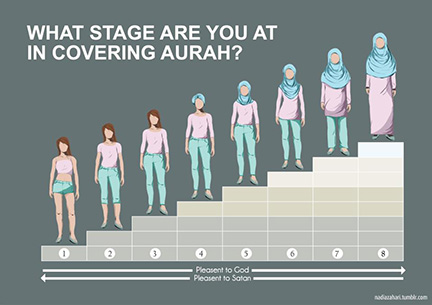
The trendy 19th century Protestant philosophical theologian Søren Kiergekaard published a Danish book in 1843 entitled Either/Or. His faith-based binary is not the the standard good vs evil, God vs. Satan model that had long been enshrined in Christianity, but rather a dialogue between an aesthetic hedonist and a duty-bound ethicist. His point, or at least one of them, is that by rigidly following either life trajectory one can simply go too far and not realize one’s true self. He was aware of the binary bind that haunts many, if not most, religions and worldviews. In politics the mantra would be “my country, love it or leave it,” or more crudely, “my way or the highway.” In economics, capitalism vs communism. In all cases binaries bind us to intolerance and the hubris that I am right and you are wrong.
At least the Manicheans dared to assert the obvious that good and evil, like light and darkness, are locked in an eternal duel rather than an ultimate triumph of good. But this was deemed a heresy. The simple solution, what might be called the Salafi fix in Islam, is the fixation on a single standard of truth. Even if one takes the Quran as the literal word of Allah, it must still be interpreted. The history of Islamic exegesis demonstrates that very little is obvious in a text that was not originally written down as it was received in a linguistic idiom now fourteen centuries past. Yet, like the Bible thumpers in American Fundamentalism, there are always those who think they have the right interpretation and that alone must be followed.
Take, gender, for example. If you believe that God created the male first and then literally carved Eve from one of the ribs of that first lonely man, then you are not too likely to accept gender equality. Cross-culturally this is not an exclusive problem of the Genesis origin story, since gender inequality is common everywhere, although to varying degrees. There is no evidence that females were equal to males in 7th century Arabia, the time frame for the Quran. Yet, the cultural male bias is less evident in the Quran and life of Muhammad than it has been among his followers. Compare the hadiths related by Aisha, the beloved wife of Muhammad who had the privilege to hear him directly and intimately, with the sexist memories of Abu Hurayra and it is obvious that no single hadith can be directly linked with total confidence to Muhammad.
The retrograde Salafi position, an impossible model to follow, would be to build a time machine and return to the time of the Prophet. Wear the same clothes, trim the beard the same way, use the same greetings, etc; were this possible, all the cultural overlays, especially in terms of what women and men should wear, would be revealed. To assume that the Muslim women of the early ummah wore niqab-like coverings as a rule is Whiggish in the extreme. There have been many studies of the evolution of the “veil,” which antedates the revelation of the Quran and has been documented as a class issue in many earlier cultures. Fashion has changed historically and as a result of the spread of Islam far and wide from its Arabian beginnings. I have yet to find any verse in the Quran that says time should stand still and nothing should change or be invented after the time of the prophet Muhammad.
The image at the top of this commentary is one of the unfortunate fall-outs of the good vs. evil, God vs. Satan bipolar thinking of those Muslims who think that a woman’s modesty is a visual affair. It is not some imagined Satan who tempts men to have lustful thoughts about the female body or to gang rape women; this is a choice made on the inside. Wearing a full-length cover is not a fool-proof guard against male sexual aggression and domestic abuse, since so many men (no matter what they religion or lack thereof) choose to act like fools. If a man abhors the thought of abusing his own sister or mother (and I believe the vast majority of all humans do), then let your faith convince you to treat all women the way you should your sister and mother. Or, better yet, why not treat all women as though they were the wives of the prophet? Muhammad suggested that a man who sees a tempting image of a woman should avert his eyes (the same goes for believing women), not act on a libidinous impulse. If your faith is so weak that you think you cannot help yourself, don’t blame it on Satan but on yourself. Think on that either/or discussion of Kierkegaard: go beyond binary thinking and focus on what your faith can help you to be.